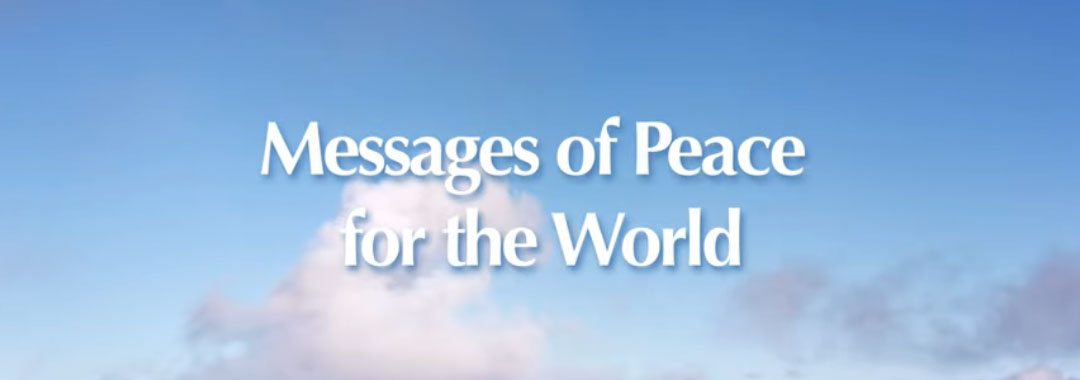On Sunday, 16 February 2025, an inspiring interfaith gathering took place at New North London Synagogue (NNLS) to celebrate Tu BiShvat, the Jewish New Year for Trees. Organized by Senior Rabbi Jonathan Wittenberg, For the Love of Trees brought together faith leaders and community members to reflect on the significance of trees in their religious traditions.
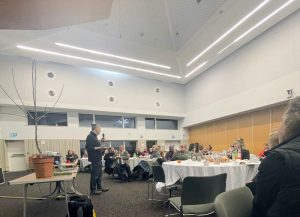
The evening was a profound exploration of nature’s sacred role across faiths. Rabbi Jonathan spoke about the Tree of Life and the Tree of Knowledge from a Jewish perspective, while Revd Fr Matthew Harbage—Vicar at St Paul’s Church New Southgate, London, and a senior member of the Sustainability Committee at Barnet Multi-Faith Forum— discussed the symbolic connection between trees and the Cross of Christ, and thoughts and love.
Trees in Islam: A Quranic Perspective
When Rabbi Jonathan invited me to speak on Trees in Islam, I reflected on Quranic verses that emphasise trees as signs of divine wisdom and sustenance. The Quran repeatedly calls humanity to contemplate the wonders of creation—mountains, seas, animals, fruits, and planets—where trees play a vital role in sustaining life and symbolising spiritual growth. Several trees are particularly significant in Quran:
Date Palm (Nakhl) – A symbol of sustenance and resilience.
Fig (Tin) – Represents abundance and fertility.
Grapes (Inab, A’nab) – Mentioned over ten times as a sign of divine generosity, diversity in creation, and the rewards of Paradise.
Pomegranate (Rumman) – Described as a fruit of Paradise, its complex structure is a testament to divine design.
Olive (Zaytun) – A symbol of purity and divine blessings. In Surah An-Nur (24:35)—one of the most profound and mysterious verses of the Quran—divine light is compared to the olive tree, which is referred to as The Blessed Tree.
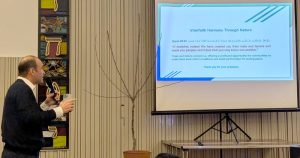 Quranic and Biblical Parallels on Trees
Quranic and Biblical Parallels on Trees
Seeking interfaith connections, I reached out to Dr. Imran Usmani, a researcher of both the Old and New Testaments as well as Quran, whom I met through the Woolf Quran and Bible Study Group. He shared fascinating parallels between the Quran and the Bible regarding the role of trees:
Paradise & Spiritual Reward – Trees symbolise heavenly blessings for the righteous (Qur’an 56:28 & Leviticus 26:4).
Faith & Growth – Trees serve as metaphors for spiritual stability and the transformative power of faith and good deeds (Qur’an 14:24 & Gospel-Matthew 13:31-32).
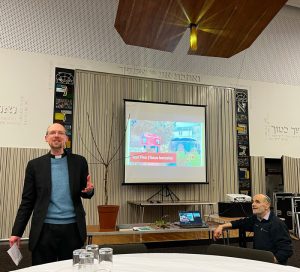
Honoring the Legacy of Trees and Nature
The event featured readings, poetry, and prayers, along with a special mention of The Totteridge Yew—a 2,000-year-old tree in London—by Cllr Tony Vourou, Mayor of Barnet. His reflections connected the evening’s themes to our shared responsibility for environmental action.
As faith communities, we must continue planting seeds of understanding. Nature provides a profound opportunity for interfaith engagement, as the Quran reminds us:
"O mankind, indeed We have created you from male and female and made you peoples and tribes that you may know one another." (Qur’an 49:13)
Through trees and nature, we can deepen our connections, appreciate each other’s traditions, and build partnerships for a greener, more harmonious, and peaceful world.
Amir J. Ohadi,
Chair, Environment and Sustainability Committee, Barnet Multi Faith Forum
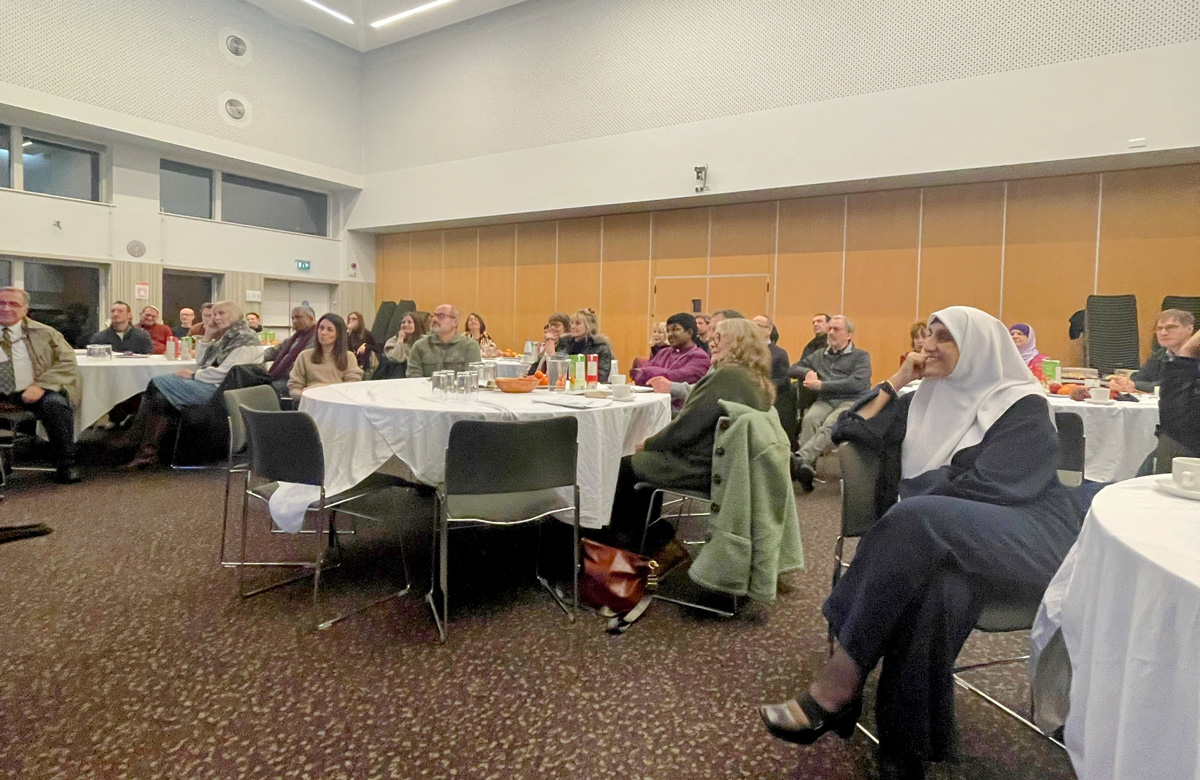

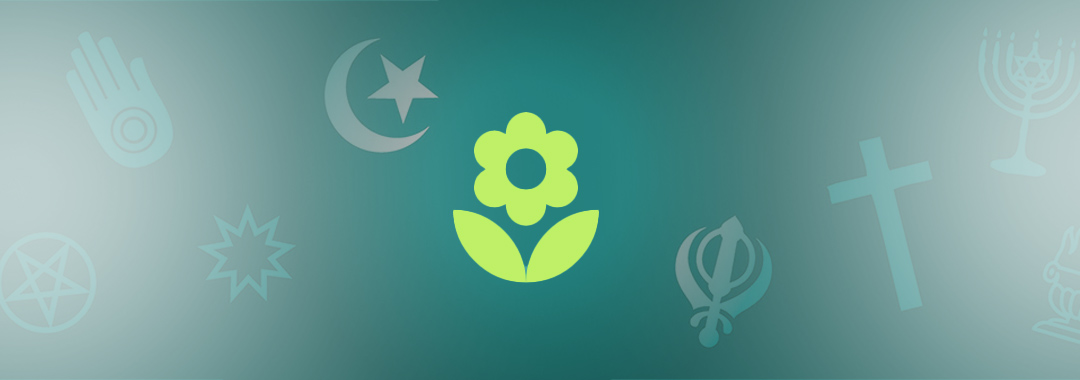

 The Salaam Centre, currently under construction in North West London, is set to become a modern, eco-friendly, and sustainable place of worship. Developed and funded by the Shia Ithna Ashari Community of Middlesex (Mahfil Ali/SICM), it will serve as a community centre and beacon of hope and unity among diverse communities.
The Salaam Centre, currently under construction in North West London, is set to become a modern, eco-friendly, and sustainable place of worship. Developed and funded by the Shia Ithna Ashari Community of Middlesex (Mahfil Ali/SICM), it will serve as a community centre and beacon of hope and unity among diverse communities.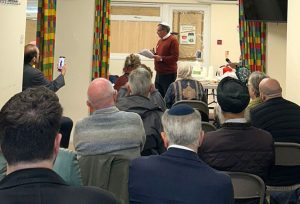 productive conversations about new ideas. We are hopeful that this visit will lead to fruitful relationships, meaningful dialogue, collaboration, and partnerships among various faith communities and other groups. We look forward to inviting all readers tofuture visits to the Salaam Centre upon its completion, where we can continue to build bridges and collaborate on further interfaith activities, in which the Woolf Institute plays a leading role.
productive conversations about new ideas. We are hopeful that this visit will lead to fruitful relationships, meaningful dialogue, collaboration, and partnerships among various faith communities and other groups. We look forward to inviting all readers tofuture visits to the Salaam Centre upon its completion, where we can continue to build bridges and collaborate on further interfaith activities, in which the Woolf Institute plays a leading role.
